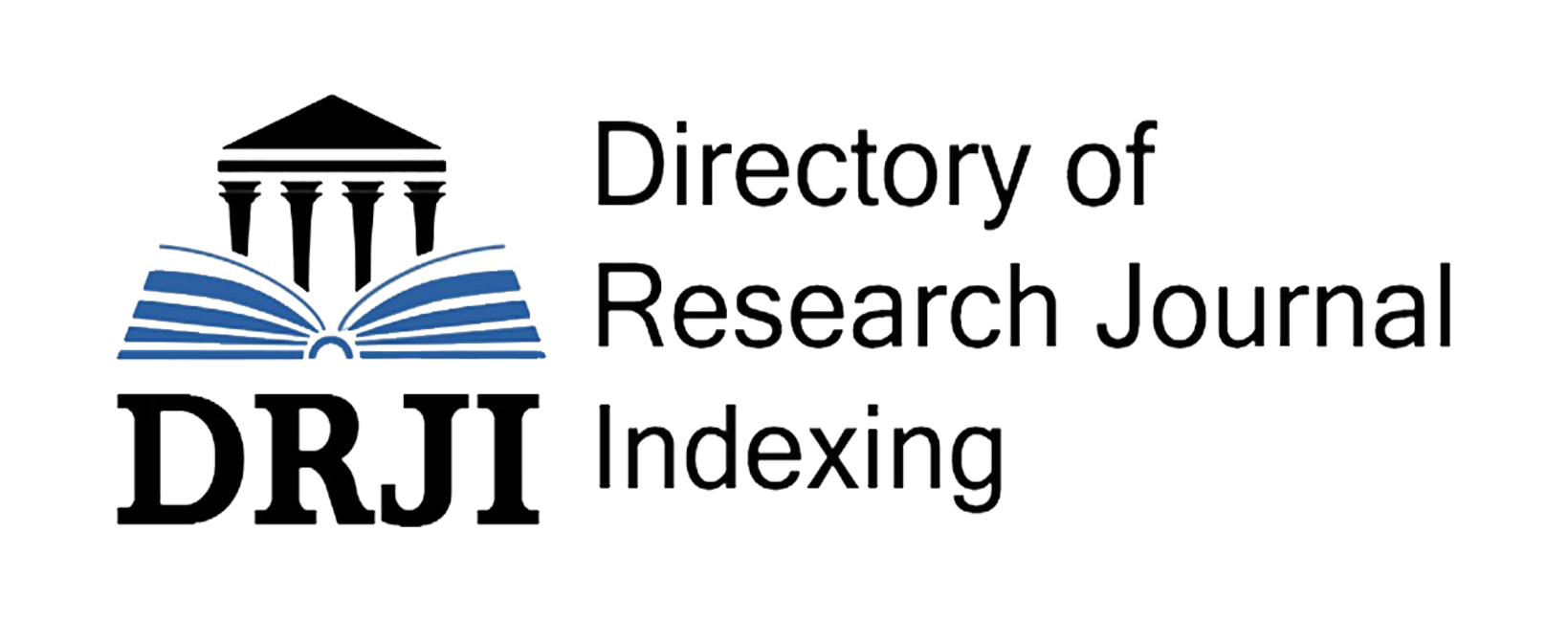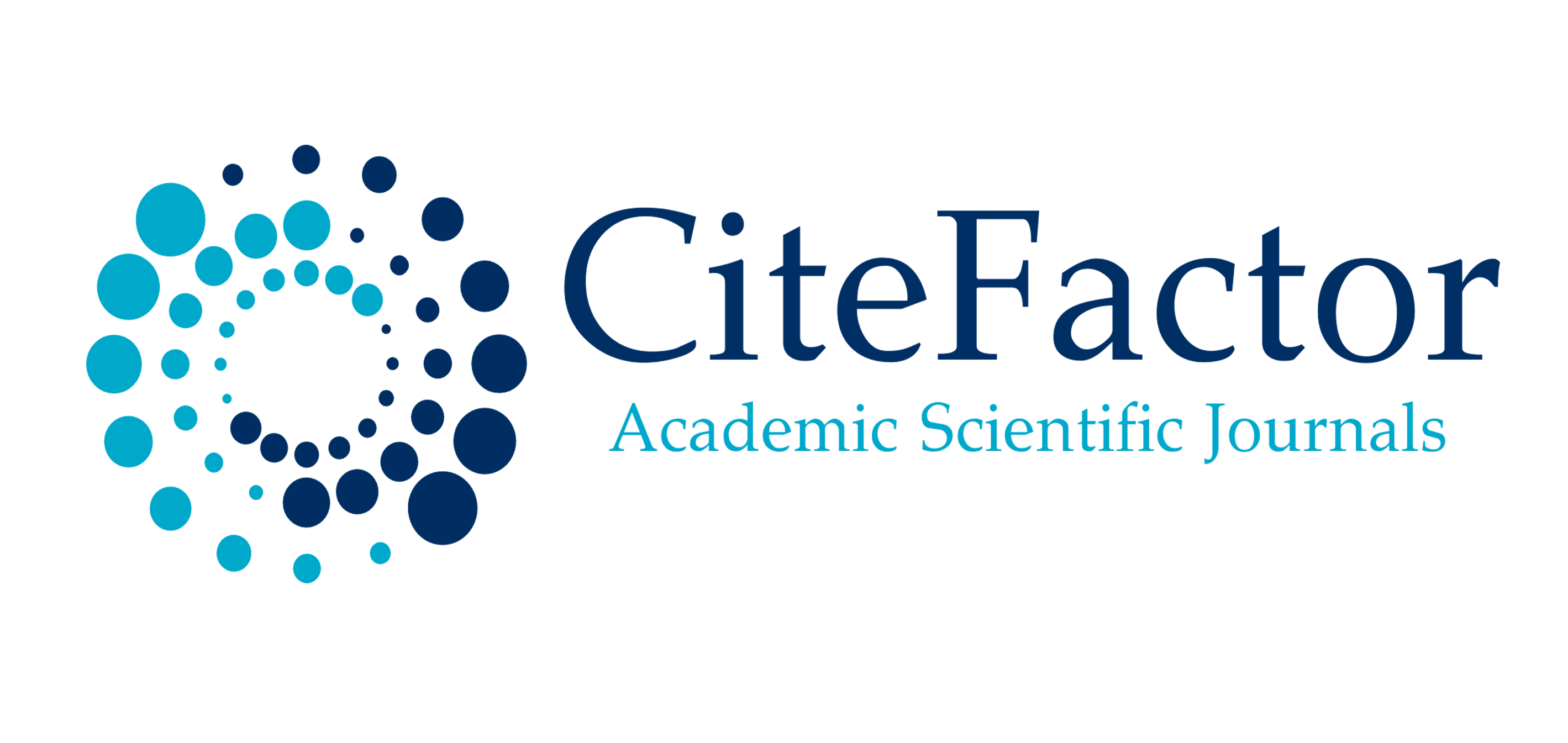WAYS OF INNOVATIVE DEVELOPMENT AND INCREASING THE EFFICIENCY OF THE SERVICE SECTOR
Keywords:
innovation, development, services, monitoring, adaptation, strategy, competitiveness, customers, market, technologyAbstract
Innovative development in the service sector plays a key role in enhancing the competitiveness of companies in a rapidly changing business environment. This article discusses the importance of continuously monitoring change and adapting strategy to meet new challenges and opportunities. The main factors that emphasise the need for this approach are discussed, such as the dynamic market, customer needs, the competitive environment and technological advances. The authors suggest that continuous monitoring and adaptation of strategy helps companies to remain agile, innovative and competitive, ensuring successful development in the long term.
References
Akhmedov U. Meҳmonkhona biznesida hizmatlar sifati va samaradorigini boshqarish mechanismlarini shakllantirish va ularni baҳolash // Economics and Innovative Technologies. - 2019. - №. 3. - С. 332-340.
Akhmedov U. Management of quality and efficiency of tourist service in hotels // Economics and innovative technologies. - 2018. - №. 5. - С. 108-117.
Rafieva, Z. (2023). Ways of effective utilisation of domestic investments in the national economy.
Rafieva, Z., Shodiev, J., & Burkhonov, A. (2024). ECONOMIC ASPECTS OF DIGITALISATION. INTERNATIONAL JOURNAL OF RECENT SCIENTIFIC RESEARCHER'S THEORY, 2(1), 256-260.
Rafieva, Z., Burkhonov, A., & Shodiev, J. (2024). DIGITALISATION OF THE ECONOMY OF UZBEKISTAN. INTERNATIONAL JOURNAL OF RECENT SCIENTIFIC RESEARCHER'S THEORY, 2(1), 252-255.









